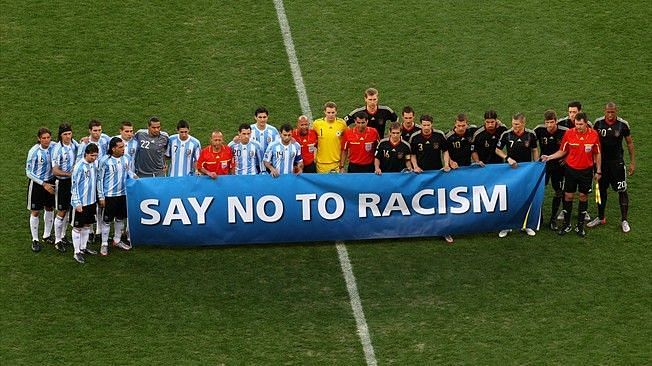
How racism is tarnishing the beautiful game
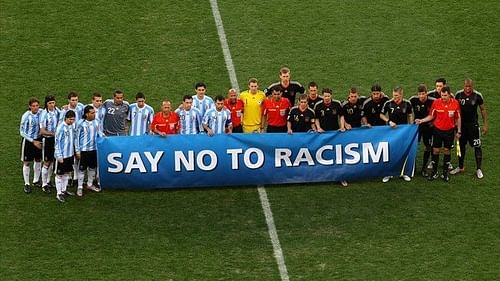
“I learned all about life with a ball at my feet,” said the Brazilian great Ronaldinho when asked about football, the sport Brazilians call 'joga bonito', the beautiful game.
The term 'joga bonito' was actually popularised by another Brazilian great, Pele, after he released his autobiography 'My Life and the Beautiful Game’' in 1977., However, the origin of the term remains ambiguous. Yet the scourge of racism, especially in recent times, means the game is anything but beautiful.
Association football is the most popular sport in the world, with 211 different member associations affiliated with FIFA, the international governing body of the game. From being played on the streets, beaches, muddy pitches, remote regions to the biggest stadiums in the world, football attracts a following that transcends the boundaries of race, gender, class and ethnicity.
Football unites people and gives hope to many vulnerable communities like nothing else. The inherent beauty of the game, the skill of players with the ball at their feet, the tension associated with last-minute goals, valiant comebacks and the ecstasy and heartbreak experienced by fans add to the thrill of the sport.
However, as 'beautiful' football may seem from the outside, it has a dark underbelly called racism, which continues to stain the sport. Racism can be referred to as the marginalisation and/ or oppression of a racial group demarcated as inferior or subordinate by an individual, community, or institution.
The issue of racism in modern football continues despite concerted efforts to eradicate it from the game.
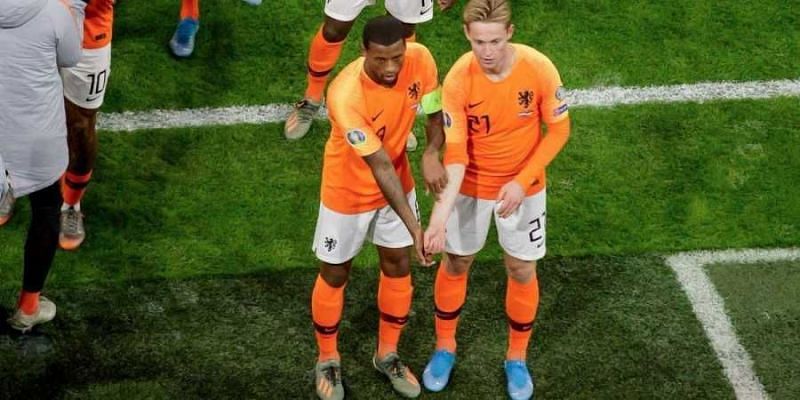
Sports in general and football, in particular, might seem like a microcosm of an ideal society, where there is an equal playing field and progress is dependent on ability alone. However, that couldn't be further from reality.
Players are subjected to discriminatory behaviour and abuse because of their skin color, nationality and ethnic backgrounds. According to the organisation 'Kick it Out', there was an increase of 53% in racial abuse in English professional football in the 2019-20 season from the previous campaign. That could be attributable to the fact that in the professional game, blacks and other ethnic minorities are heavily underrepresented in coaching and administrative positions compared to on the field.
Many major tournaments has been plagued by racism
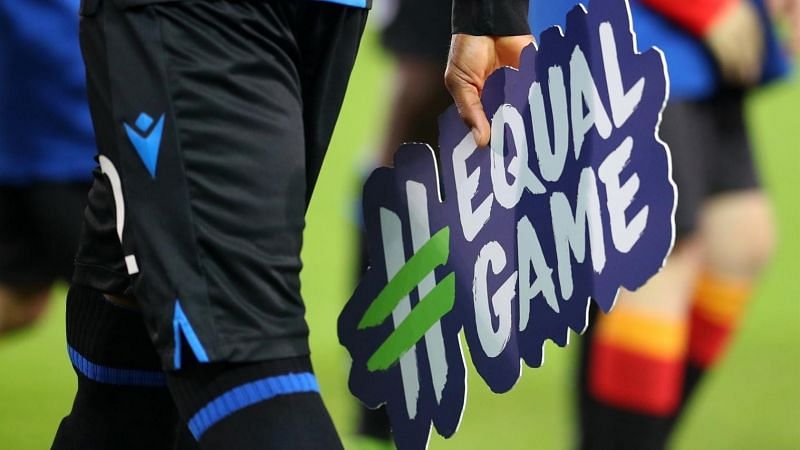
The UEFA Champions League is often touted as the biggest club competition in the world, yet even this prestigious competition has had its infamous brushes with racism.
UEFA has its campaign ‘#EqualGame’ to promote inclusivity in the sport. But as seen in the events of the Champions League game between PSG and Istanbul Basaksehir last December, UEFA's efforts are far from producing any fruitful results.
The game was in the headlines - it was suspended for a day - after the players alleged that a match official used racist language towards Pierre Webo, the assistant coach of the Turkish team, who hails from Cameroon.
That was just one of many incidents of racist abuse that continue to plague the sport. Who can forget the Bulgarian fans hurling racist abuses towards the English players during the Bulgaria-England UEFA Euro 2020 qualifier in Sofia in 2019 or the Brazilian player Dani Alves, who had a banana thrown at him by the opposition fans when he was playing for Barcelona against Villareal?
The Italian Serie A, too, has been under the microscope in recent seasons for incidents of racial abuse and the league’s seeming inability to prevent such incidents.
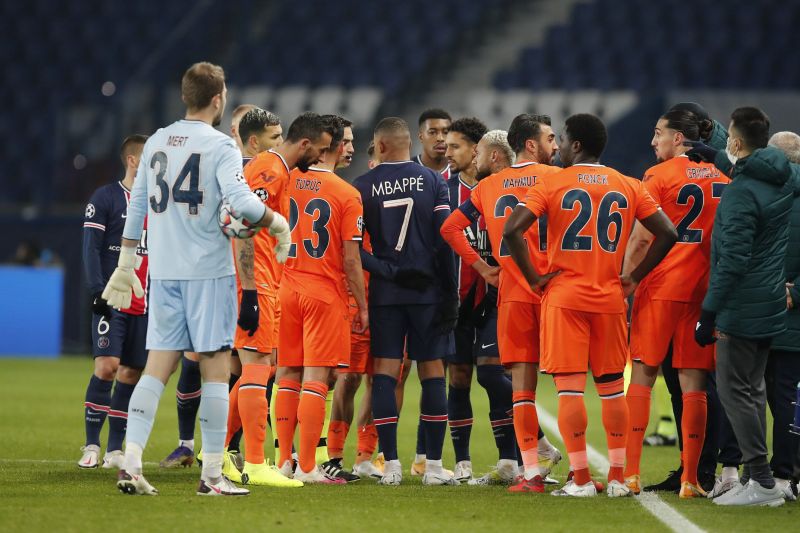
Racism mocks football’s claim as the ‘beautiful’ game. So how to combat this necessary evil that is tarnishing the sport?
Even though fines are imposed on clubs and the guilty get banned from entering stadiums, these measures are not enough to completely get rid of the problem, as seen in repeat incidents of this nature. The answer to the question likely needs to be addressed at the societal level, as racism is not exclusive to football.
Sports, as is often said, is the microcosm of society. So racism may not be effectively tackled without delving deep and raising awareness about it. Measures must be taken to combat the problem both in society and in sports by adopting a holistic approach.
Inclusivity is vital in the educational curriculum to sensitise the society to the evils of racism, the problems plaguing minority groups and encourage diversity. According to some, racism is an ethical problem. So the only way to combat it would be to treat it from an ethical or moral perspective that racism is unethical and not merely unlawful.
Only when the scourge of racism is removed, football would well and truly be called the 'beautiful game' or 'joga bonito'.